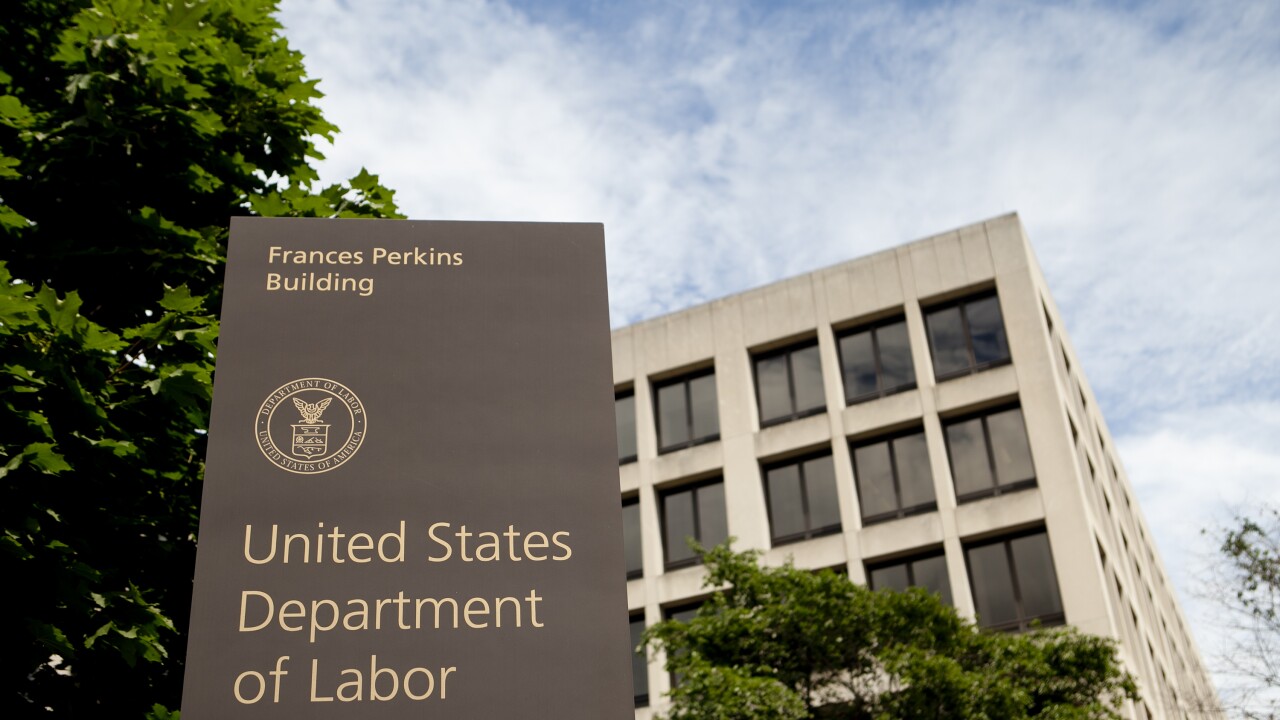The widow living on a comfortable-but-modest income who wants to give her children the Cape Cod house she inherited from her father decades ago. The octogenarian husband and wife who plan to bequeath to their grandchildren half of the $3 million stock portfolio they built through a lifetime of scrimping and saving. The owner of a small vineyard in Napa Valley who aims to give the second-generation family business to his niece and nephew.
Not just the offspring of the wealthiest
“Most clients are, ‘you’ve gotta be kidding me’,” says Edward Renn, a partner in the private clients and tax group at law firm Withers in New Haven, Connecticut.
Biden wants to

Compounding the pain is Biden’s companion proposal to tax the long-term capital gains on investment and other profits of more than $1 million at a new top individual rate of 39.6% (43.4%, including the Obamacare surcharge). The hike, a near-doubling from the current capital gains rate of 23.8%. Unusually, the new rate would take effect this April — retroactively. The higher top individual rate, up from the current 37%, would also hit labor income over $400,000, according to proposals
“Inheritors are going to get killed,” says CFP Kenneth Van Leeuwen, the managing director of Van Leeuwen, an RIA in Princeton, New Jersey.
Under the current law, individuals who inherit assets don’t owe tax on their gains that materialized from the time the original owner acquired them. The value of the assets is “stepped up” from its original (lower) cost “basis” to its current (higher) price. This long-standing loophole has allowed family fortunes large and small to be passed down to the next generation. For individual heirs of estates below $11.7 million ($23.4 million for couples), the levels at which estate taxes kick in, the benefit has been an engine of tax-free wealth transfer to future generations for decades.
Exceptions would apply under the proposed rules for businesses or farms that remain in the family, or for property given to charity in exchange for a deduction.
While the retroactive date at which the capital gains hike would go into effect would be April 28, the step-up in basis limit would change for heirs who inherit property from family members who die after December 31, 2021, according to the
The one-two punch of the tax hikes would hit millions of boomer offspring expected to inherit an estimated $

Biden’s focus on taxing billionaires and “
But beneath those sky-high fortunes held by few lie cushions amassed by the so-called mass affluent,
Nearly 1.2 million households have an income between $500,000 and $1 million, according to the most recent IRS
The issue is that houses have exploded in value since they were bought decades ago and stock portfolios, like real estate, will likely grow even larger before being given to heirs, putting them past the new tax limits, if they aren’t already there now.
Experts at the Urban-Brookings Tax Policy Center estimate that the basis step-up proposal would hit
Van Leeuwen cites the example of a middle-class family in Fairfield County, along Connecticut’s affluent “Gold Coast.” A home they bought two decades ago has likely at least doubled in value over the past two decades. In wealthy Greenwich, the median house price in 2020 was more than $2 million, more than twice 2001’s $995,000,
Wealthy investors who own trusts would also be hit. But on that front, they get a heads-up, which advisors say could create tax planning opportunities. The administration wants to levy capital gains tax on unrealized appreciation of property held in trusts, partnerships and other non-corporate entities if the property hasn’t been taxed within the previous 90 years since 1940. Individuals would thus owe tax under this provision starting on December 31, 2030. “Grandma put the Cape Cod compound into a trust 90 years ago, and now the trust is going to get taxed on it,” says Renn.
The proposals have to pass Congress, where a slim Democratic majority, with some Democrats in wealthy states, threatens to create a whopper of a tax fight, and many advisors view the draft rules as an opening poker bid. While retroactive tax hikes are unusual — the last one was in
Biden’s proposals “already face stiff opposition, which makes it more unlikely Congress would take the step of making them retroactive,” says Bob Oros, the chairman and CEO of Hightower Advisors, an RIA in Chicago. He theorizes that ”one could argue that President Biden could have simply announced the increase that day, if he intended to put it into place.”
If they ultimately become the law, some investors may have to absorb tax hits that could have been avoided. “The clients may not have sold assets, particularly low basis holdings, had they been aware of the retroactive rate change," says Laura Godine, a vice president and the director of wealth planning at Eaton Vance WaterOak Advisors. "Now they may already be stuck with a potential high tax hit.





